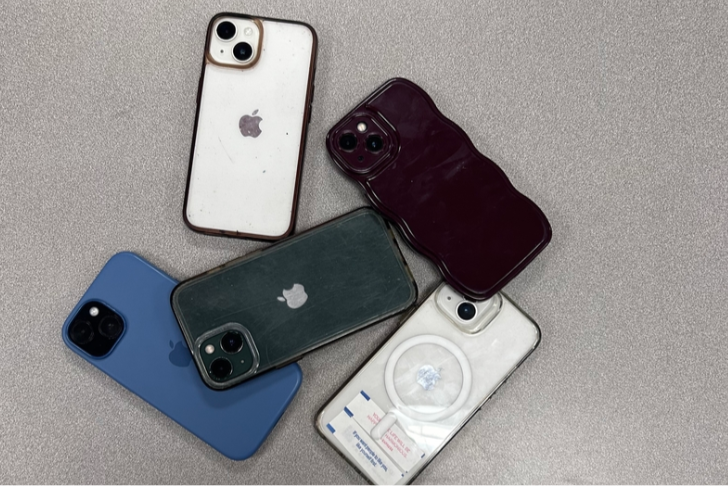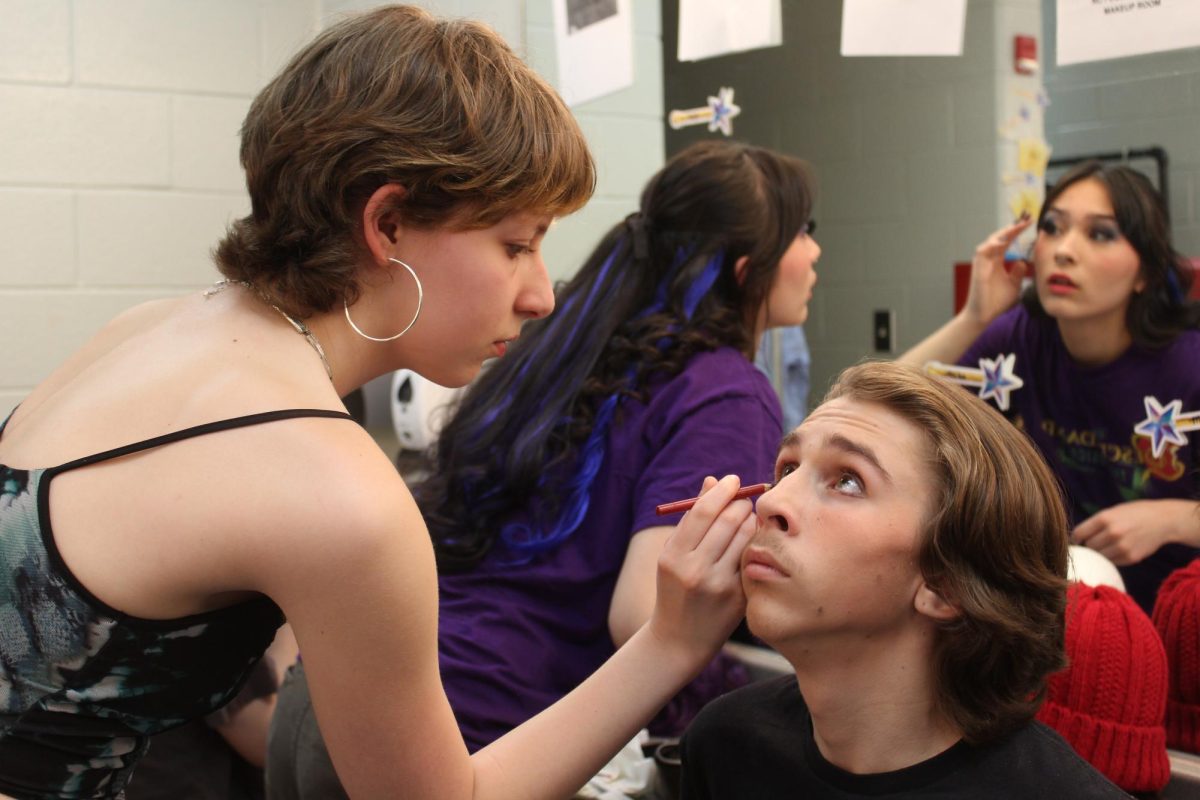We all know this feeling well: your phone is within reach, tucked under a notebook or inside a computer bag, as the teacher drones on and on. It would be so easy just to steal a quick peek – and risk only a vague reprimand.
Whereas distractions and interruptions were considered intolerable in past decades, schools have drastically relaxed their phone use policies in the past few years. Students are permitted to check their phones– or more often, to peruse social media–between classes; however, as any teacher or high school student knows, they are also checking it during class with alarming frequency. Phones have become central to our modern lives.
Could we even imagine what the schools would look like without them?
We may have to. On Wednesday, the Ohio Senate passed a bill that would require schools to limit students’ in-class cellphone use as much as possible. The bill still has pass the House before it reaches the desk of Governor Mike DeWine. If it passes, the law would take effect on Jan. 1, 2025.
If you wanted to know what the results look like, you should visit the the Buxton boarding school in Massachusetts, which banned smartphones on their campus and saw a subsequent surge in socializing and creativity.
Recently, I experienced the positive effects of putting down my phone.
On my most recent vacation, I made an effort to break from my impulsive routine. I avoided looking at my phone after waking up and spent all of my free time outside – doing anything from reading to watching the ships slowly pass by in a nearby marina– and found myself much more engaged with the world and thinking more deeply about the things going on around me.
Once I returned home, however, I found myself unable to resist that pull of potential stimulation. I was more distracted and less productive; as someone who tries to practice mindfulness and gratitude, I realized that I was much less appreciative of everyday moments after using my phone.
By being preoccupied with the quick, largely irrelevant entertainment offered to me by the internet, and my smartphone by extension, I had been missing out on the life experiences going around me; in other words, I was missing out on the joy of just being.
The teenage brain is highly adaptable and can mold itself to face whatever pressures it may face. However, the brain slowly loses its ability to change as humans age into adulthood. This is why our constant and unfocused interactions with technology pose a danger to our brains: if our brains have been trained for technology, which responds to our every whim.
If we don’t stop looking at our phones, it will be difficult for us to navigate the unpredictable, difficult, and mundane of the adult world. We will not be prepared to take advantage of all the opportunities in front of our faces if we are looking down at screens.
While many of us dislike the idea of the government regulating our cell phone use, it may be the best decision for us.












































